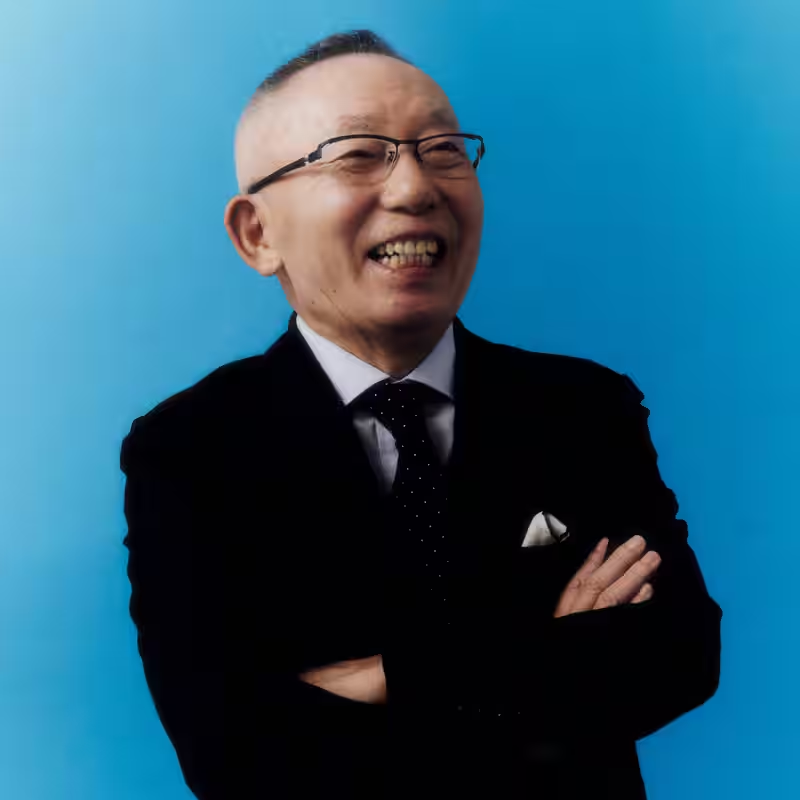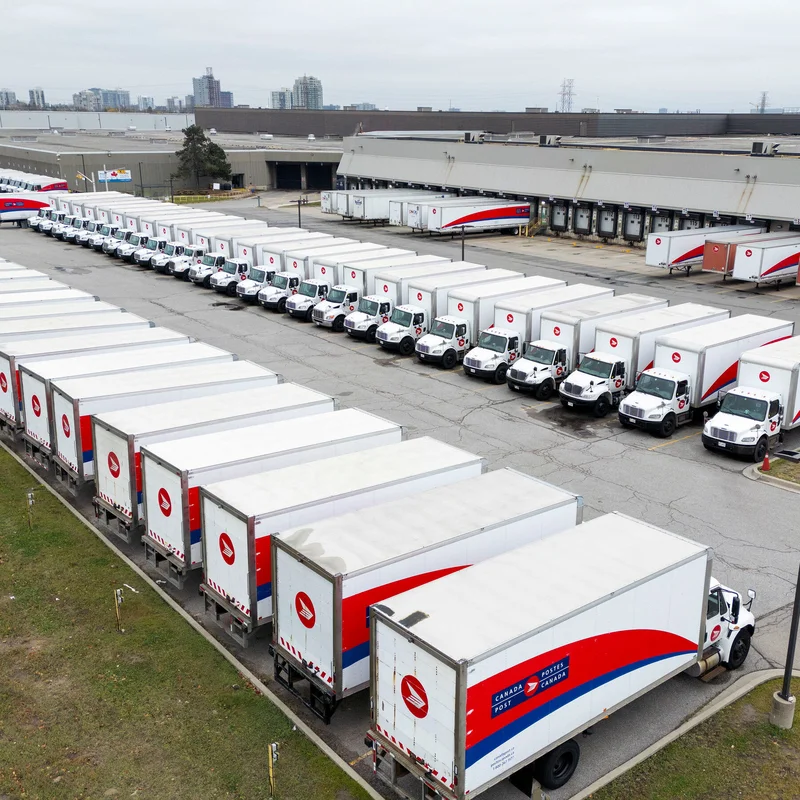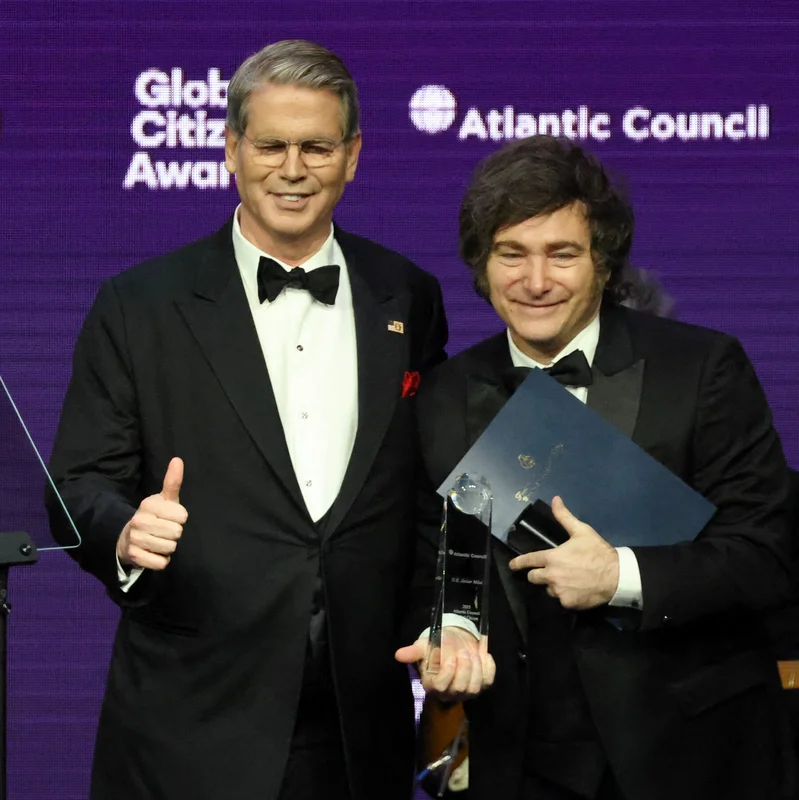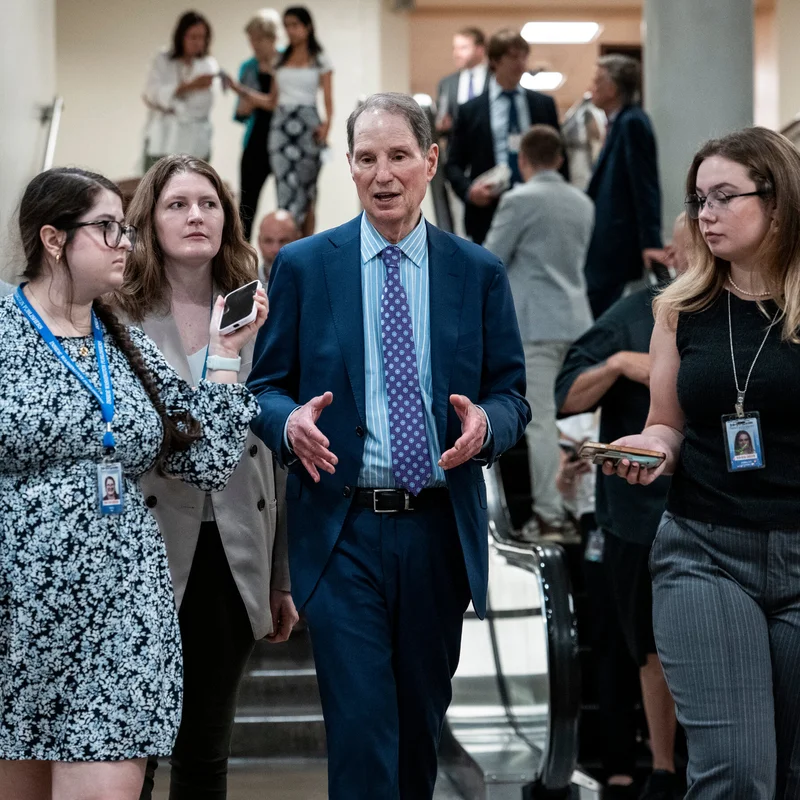For Tadashi Yanai, the visionary founder of Uniqlo and Japan’s richest man, the United States isn’t just another market—it’s a lifelong obsession, a personal mission, and now, a source of growing anxiety.
Why America Matters to Uniqlo
At 76, Yanai still speaks about America with the enthusiasm of a college student discovering jazz or blue jeans for the first time. Growing up in postwar Japan, he was captivated by American culture—the preppy East Coast style, Converse sneakers, and the effortless casualwear of brands like Gap. Those early influences didn’t just shape his taste; they laid the blueprint for Uniqlo.
“I want to succeed in America,” Yanai recently told reporters from his sunlit office in New York’s Meatpacking District. “I feel the most attachment to it.”
That emotional connection has translated into serious business ambition. After opening its first U.S. store in New Jersey in 2005, Uniqlo struggled for years to turn a profit in North America. But persistence paid off: the region finally became profitable in 2022, and today, it’s a cornerstone of Fast Retailing’s global growth strategy.
Uniqlo’s U.S. Breakthrough by the Numbers
The numbers tell a compelling story of turnaround and triumph:
| Metric | Detail |
|---|---|
| First U.S. Store | 2005 (New Jersey) |
| North America Profitability | Achieved in 2022 |
| Global Store Count | 2,500+ (as of 2025) |
| Fast Retailing Annual Net Profit (2025) | $2.8 billion (record high) |
Uniqlo’s affordable, high-quality basics—like Heattech layers and Ultra Light Down jackets—have resonated especially with younger, value-conscious American shoppers. The brand has expanded aggressively in major cities, from New York to Los Angeles, and now eyes suburban malls and secondary markets for its next growth phase.
The Shadow Over the American Dream: Rising Protectionism
Yet just as Uniqlo hits its stride, a new threat looms on the horizon: rising American protectionism.
Yanai, who built his empire on global supply chains and cross-border collaboration, is deeply concerned about the U.S. political climate. Tariffs, “Buy American” policies, and anti-globalization rhetoric could disrupt Uniqlo’s lean, international manufacturing model—much of which relies on production in Asia.
“The country that inspired me is turning inward,” Yanai said with a note of sadness. “That worries me—not just for business, but for the spirit of openness that once defined America.”
What’s Next for Uniqlo in America?
Despite the risks, Yanai remains committed. He sees the U.S. not as a short-term opportunity, but as the ultimate test of Uniqlo’s philosophy: that simple, well-made clothing can transcend borders.
“We’re finally at the entrance point,” he said. And for a man who’s spent a lifetime chasing the American dream, there’s no turning back now.




